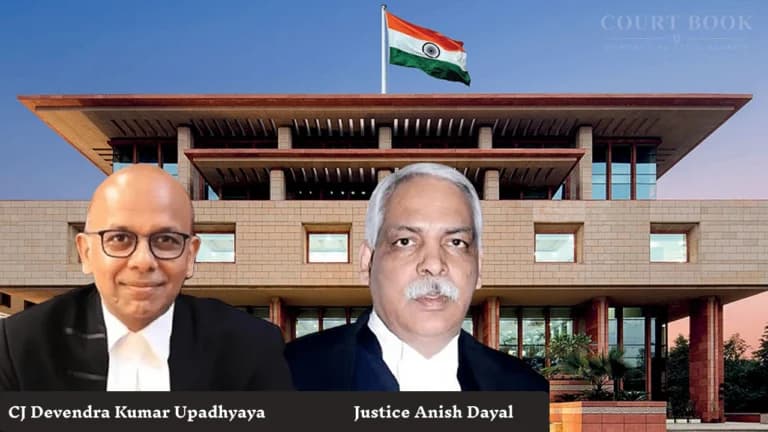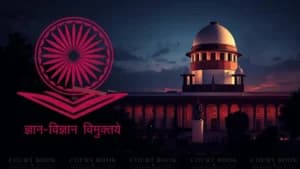The Delhi High Court on Wednesday disposed of two petitions filed by the Aman Satya Kachroo Trust, which had challenged the University Grants Commission’s (UGC) decision to award contracts for managing the National Ragging Prevention Programme (NRPP) to the Centre for Youth Society (C4Y).
The bench, headed by Chief Justice Devendra Kumar Upadhyaya and Justice Anish Dayal, said the issues raised by the Trust are already under the Supreme Court’s consideration in connection with student suicides and mental health in higher education.
Background
The controversy traces back to 2012, when the Trust took charge of the anti-ragging helpline and monitoring database following directions of the Supreme Court. Over the years, surveys indicated a sharp fall in ragging cases, but matters took a turn when UGC shifted from a nomination model to open tenders in 2021. The Trust alleged that this change violated the spirit of earlier Supreme Court orders and was tailored to exclude them.
In its petitions, the Trust sought cancellation of UGC's tenders of 2021 and 2024, and accused officials of favouring C4Y despite its alleged lack of expertise. Counsel for the Trust, Ms. Indira Unninayar, emphasized the link between ragging, institutional neglect, and rising student suicides.
Court's Observations
The bench took note of the disturbing data placed before it: over 13,000 student suicides annually, a steady rise in ragging complaints since 2022, and growing dropout rates among marginalized students.
Read also:- President Confirms Six Additional Judges as Permanent Judges of Bombay High Court.
Justice Dayal remarked during the hearing,
"We cannot shut our eyes to repeated reports of young lives lost, often after complaints went unheard."
However, the Court also pointed out that the Supreme Court in Amit Kumar & Ors. v. Union of India (2025) had already constituted a National Task Force under former Justice S. Ravindra Bhat to study systemic failures and recommend reforms. Notably, Prof. Rajendra Kachroo, founder of the Trust, is part of this task force.
Read also:- Allahabad High Court Restrains Police from Arresting SRM University Officials in FIR on Law Courses
The bench said,
"Given that the apex court is seized of these very issues, it would be neither wise nor proper for us to duplicate this exercise. The remedies must emerge from the framework already in motion."
The Decision
The High Court declined to interfere with the current tender, noting it expires on December 31, 2025.
"At this tail end of the contract, we are not inclined to disrupt ongoing operations," the bench clarified.
It also recorded UGC’s assurance that overdue payments to the Trust had been sanctioned.
Read also:- Delhi High Court Enhances Maintenance for Wife and Child, Says Income Gap Cannot Be Ignored
Interestingly, Prof. Kachroo offered during arguments that his Trust was willing to monitor the anti-ragging database 'without charging any fees', a proposal the Court said may be considered by the authorities later.
Concluding, the Court expressed hope that the Supreme Court's task force would address the structural concerns raised, adding that a
"proper, functional, and effective anti-ragging helpline is an immediate necessity, lest we lose more young lives to this scourge."
Case Title:- Aman Satya Kachroo Trust v. University Grants Commission & Ors.
Case Number:- W.P.(C) 5438/2022 & W.P.(C) 9263/2024














